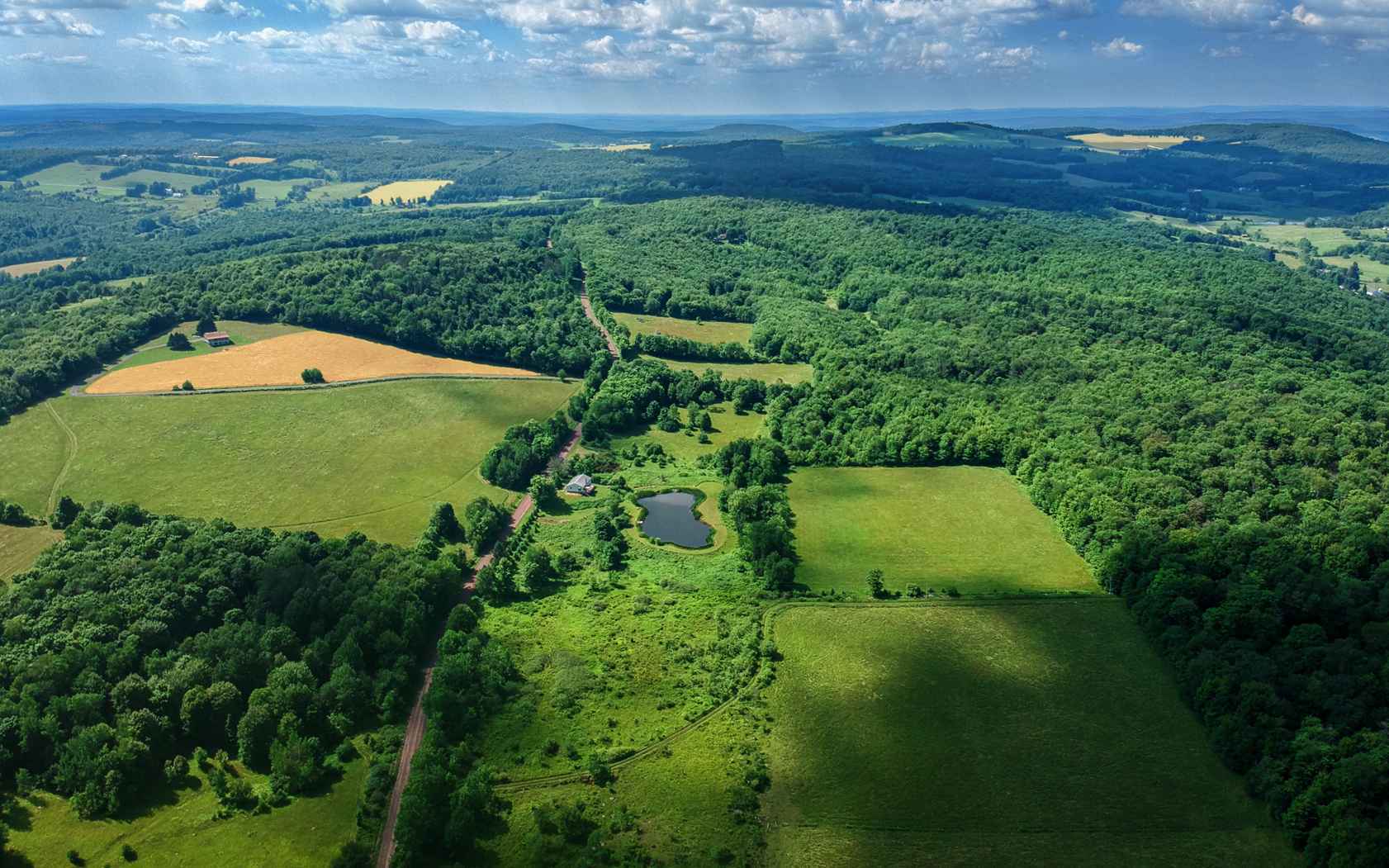Søren Ejlersen, co-founder and chef, tells the story and journey of Aarstiderne.
Preserving natural resources
Aarstiderne’s offering is in tune with nature and the seasons. The weekly meal boxes contain seasonal ingredients together with recipes to enhance their customers’ culinary experiences. Throughout the year Aarstiderne tests and adds new food-items to its meal boxes. A Greek bush basil, carrot varieties, outdoor-grown cucumbers and Mexican herbs were among the new items that it tested and added in 2018.
Other initiatives that Aarstiderne undertook to preserve natural resources was revitalising of an old Danish tradition to use dried peas and beans as a protein source and testing cabbages and other coarse vegetable to find the varieties that can provide diabetes-2-patients with a higher intake of metabolites, which lowers the need for medicine.
Organic offering ► 92%
The vegetables, fruits and meat in Aarstiderne’s meal boxes are 100% organic. Fish (caught in the wild) and some non-food items are not certified organic.
Vegan and vegetarian ► 24%
An increasing number of customers choose the vegan and vegetarian meal box. In 2018, this increased from 17% to 24%.
Number of households ► 130,000
In 2018, Aarstiderne delivered meal boxes to 120,000 Danish households and 10,000 households in Sweden.
Meals served ► 18.5 million
In 2018, Aarstiderne delivered 2.2 million meal boxes, representing approximately 18.5 million healthy meals.
Increasing food and resources efficiency
Aarstiderne’s offering is supply-driven: using an online tool, suppliers upload the amount and quality of their produce every Monday. The tool gives Aarstiderne a weekly overview of the availability, which inspires what goes in their meal boxes. This resulted in a low raw material loss in the first part of the food chain.
Aarstiderne’s meal boxes contain well-balanced and rationed portions, resulting in zero to very limited waste among consumers. The fresh fruits and vegetables that don’t end up in the meal boxes are sold at their farm shop in Humlebæk.
In 2018, Aarstiderne drastically increased the amounts of products that were purchased and delivered in bulk and packed and sorted at their packing house. This bulk delivery has created a much greater flexibility in packaging solutions, uses less plastic, and reduces vegetable waste.
Aarstiderne has a no-fly policy: everything is transported by water, railway or road.
Fair and transparent business practices
Aarstiderne has fair and open relations with its suppliers. Many of them have delivered products to Aarstiderne since the early years. In 2018, Aarstiderne made a first draft of a sourcing document to clearly illustrate their values when sourcing. This will be further developed in 2019.
The company offers fair pay and development opportunities for its employees. In 2018, Aarstiderne developed and launched seven training programmes at the Aarstiderne Academy to develop their employees’ skills and knowledge. All newly hired co-workers go through a carefully planned introduction programme to get to know Aarstiderne’s culture and way of working together.
Dedicated suppliers ► 225
Aarstiderne has a fair and open relationship with its suppliers. Many of them have delivered their products since the early years.
Employees ► 505
Aarstiderne offers fair pay and development opportunities for its employees.
Connecting with consumers and children
Aarstiderne organises events throughout the year such as guided tours and cooking workshops. It also publishes at least one cook book a year, the one in 2018 was called ‘Plant Proteins’.
Harvest markets ► 15,000
Aarstiderne welcomed 15,000 visitors at its harvest markets.
Tours and lectures ► 5,000
Aarstiderne’s farms welcomed 5,000 people for tours and lectures.
Aarstiderne is a co-founder of a school gardens project (Gardens to Stomachs) that offers children a rich outdoor learning environment. As a result, every year over 10,000 children in Denmark enjoy working in an organic vegetable garden and learn how to cook with the fresh harvest straight from the field. In 2018, the organisation expanded its activities internationally, for example in Nepal it wants to set up school gardens.
Aarstiderne is one of the investments of Triodos Organic Growth Fund. Discover in the 2018 Impact Report how the fund aims to accelerate the transition to a sustainable food and agriculture system. The report also highlights the other investments in portfolio.


